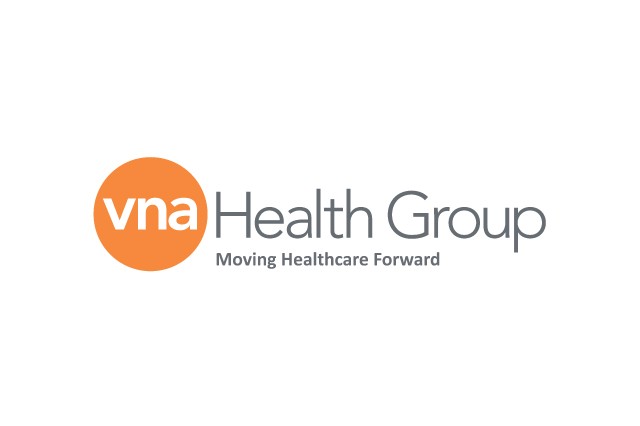Prenatal Care at Home: 5 Effective Tips from Experts
Prenatal care refers to the type of care you receive throughout your pregnancy. Typically, these appointments include weight checks, urine testing and physical exams to make sure that you and baby are healthy and growing well.
But there’s more to prenatal care than simply going to your routine doctor appointments. There are also things that you should be doing at home to care for yourself and your baby. Below you’ll find five effective prenatal at-home care tips from the experts.
1. Schedule your appointments in advance.
Most obstetricians will allow you to schedule all of your appointments in advance so that you’re guaranteed to receive regular prenatal care. For a healthy pregnancy, you should have one prenatal visit a month from weeks 4 to 28. From 28 to 36 weeks, you should have two prenatal visits a month. And from weeks 36 to 40, you should see your doctor weekly.
2. Get 30 minutes of exercise a day.
Try to get about 30 minutes of physical activity most days of the week. Most pregnant women can benefit from moderate-intensity exercise such as walking, swimming or strength training. As long as you are healthy and your pregnancy is normal, this type of activity will not increase your risk of miscarriage, low birth weight or early delivery.
3. Sleep for 8-10 hours at night.
Aim to get at least 8 to 10 hours of sleep every night. Lack of sleep during pregnancy has been tied to a number of complications such as preeclampsia. Experts recommend sleeping on your left side with your knees bent, as it improves blood flow and nutrient flow to your baby. It can also help to tuck a pillow under your belly for extra support.
4. Eat a healthy, balanced diet.
To maintain a healthy pregnancy, you should get an extra 300 calories a day. These calories should come from a balanced diet with fruits, vegetables, lean proteins and whole grains. Keep sweets and fats to a minimum. You should also drink several glasses of water a day. Your doctor will likely recommend a prenatal vitamin as well.
5. Build a strong support system.
Pregnancy and postpartum have their challenges, so it’s important to have a good support system. This support will help you and your baby get a bright start. There are many resources you can start looking into from home, such as Womens, Infant and Children (WIC), Medicaid and emotional support services.
Give Your Baby a Bright Start
VNA Health Group offers a wide range of programs for mothers and mothers-to-be through our Children and Family Health Institute. These services include prenatal care, nutritional support and coaching by a registered nurse. Contact us today to learn more about our programs and how they can support you during your pregnancy.



